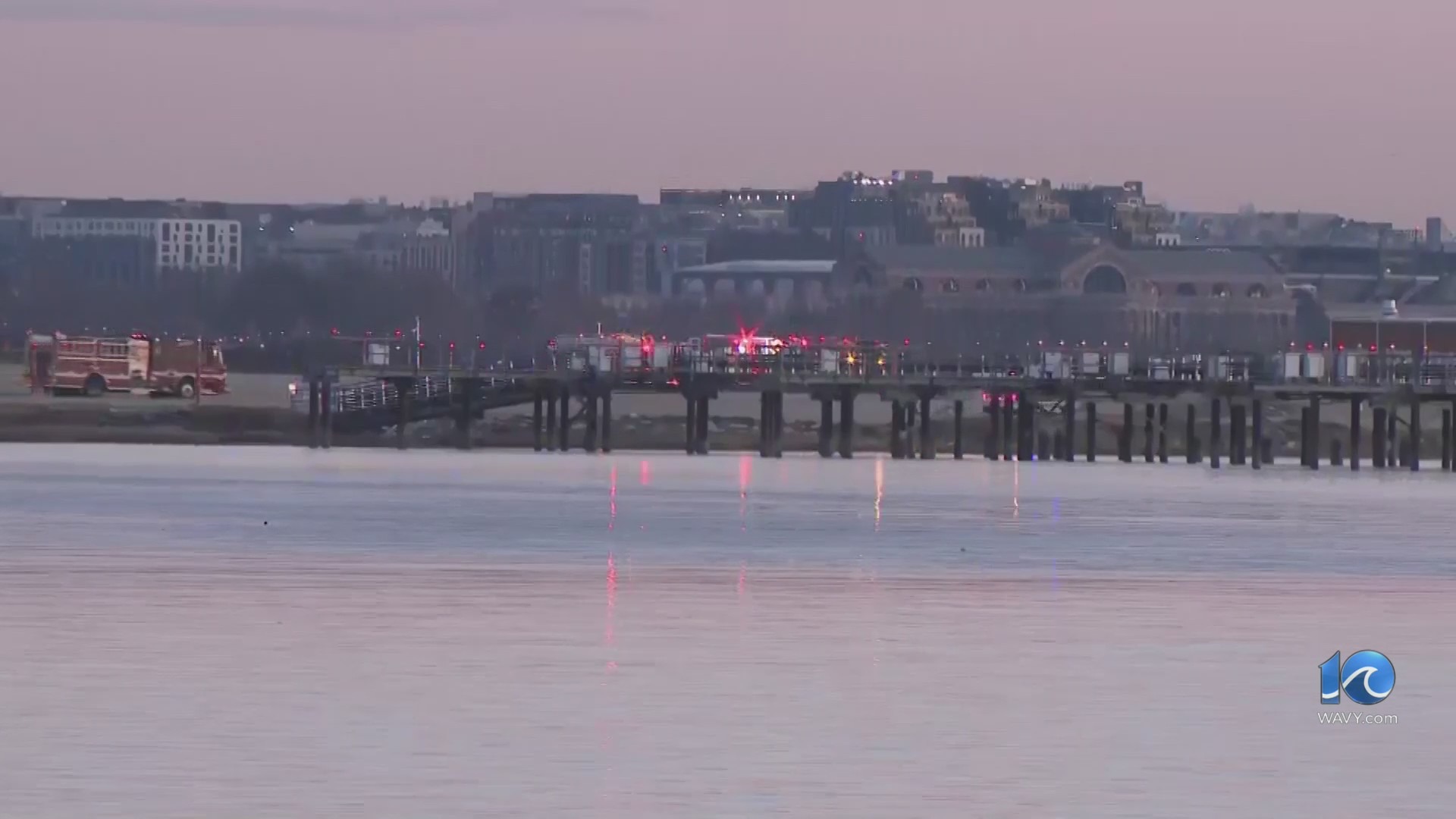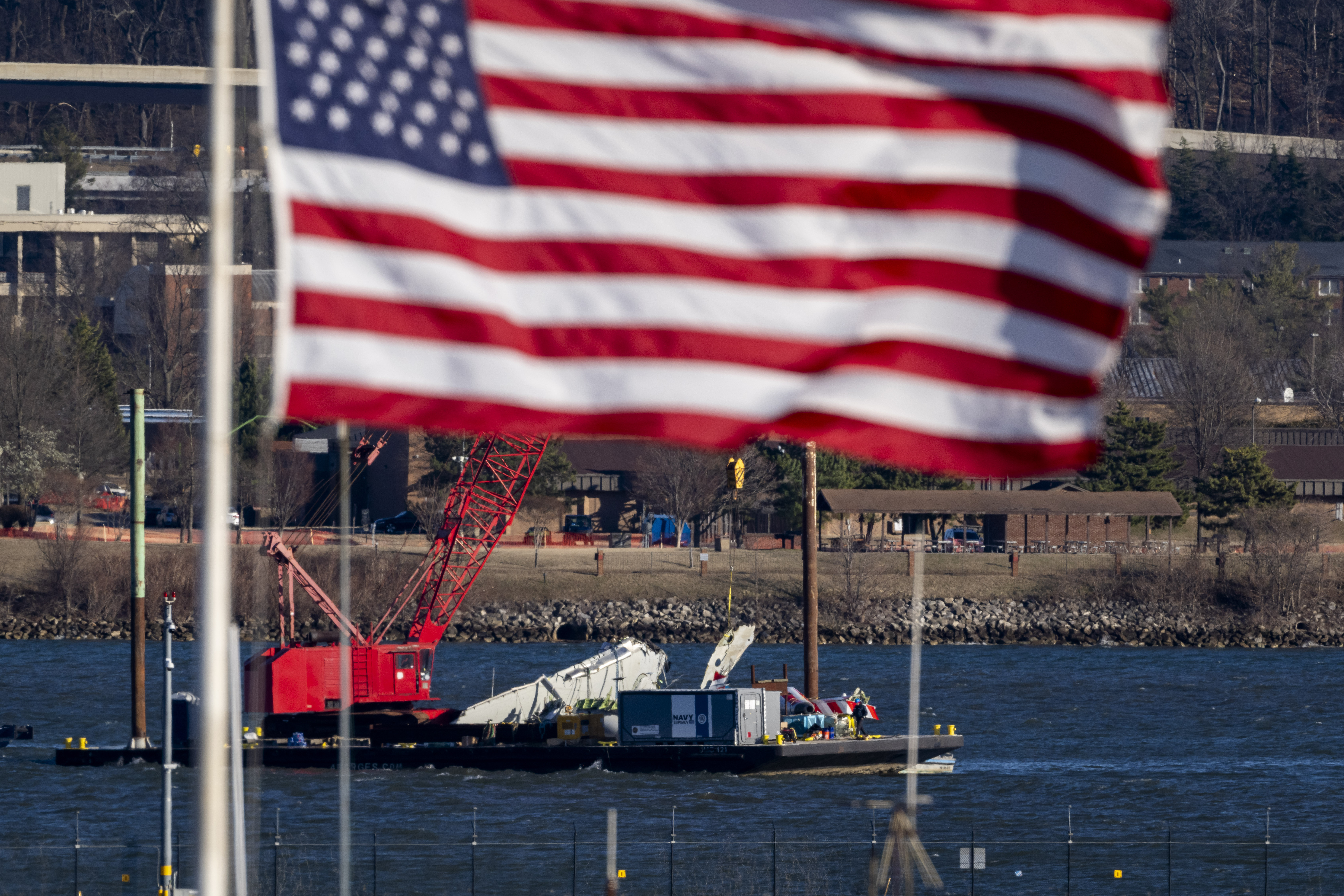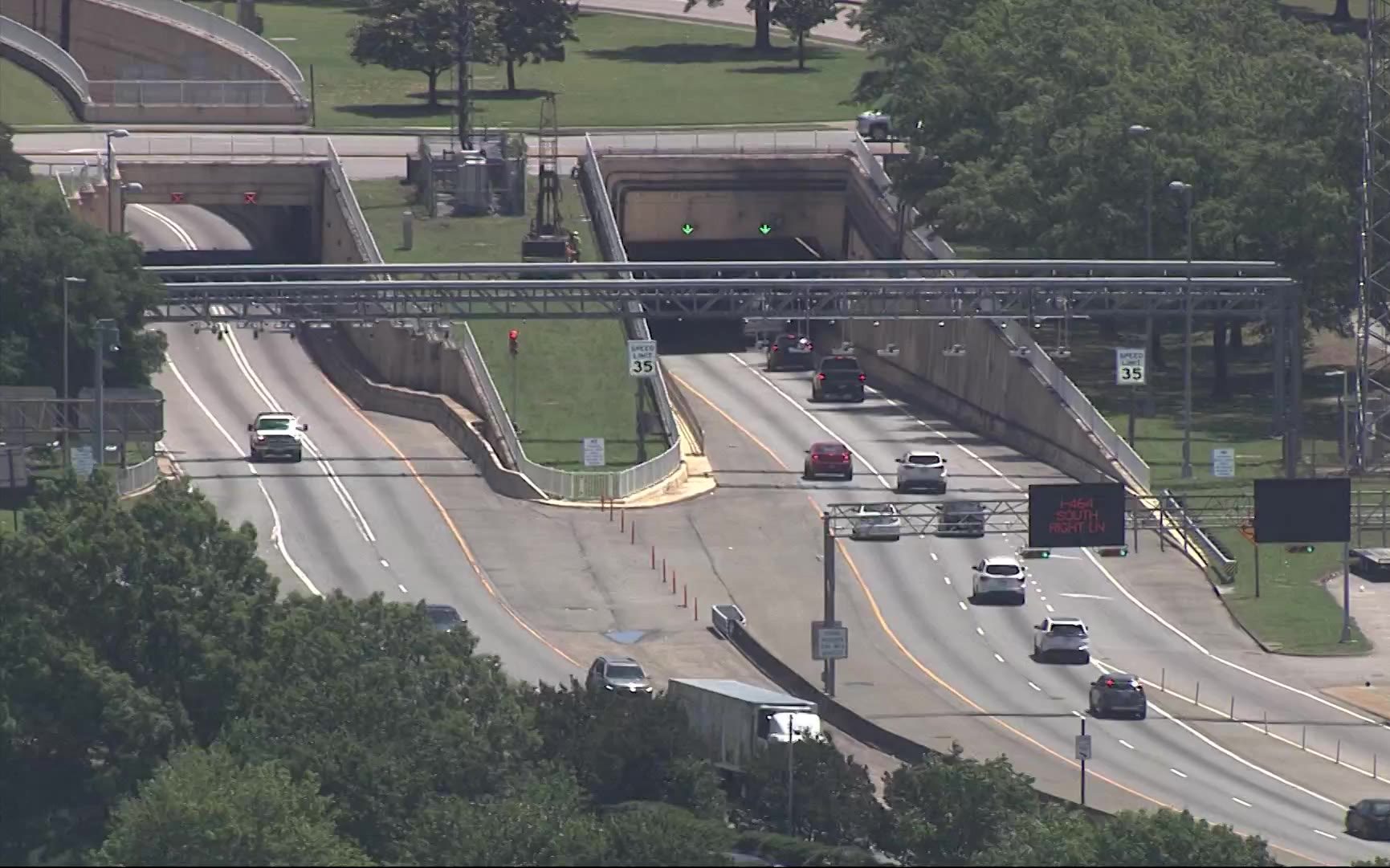WASHINGTON (AP) — Secretary of State Marco Rubio met Qatar’s prime minister on Friday before he visits Israel this weekend, showing how the Trump administration is trying to balance relations between key Middle East allies days after Israel targeted Hamas leaders in a strike on Doha.
Despite tensions between President Donald Trump and Israeli Prime Minister Benjamin Netanyahu, Rubio will arrive in Israel on Sunday for a two-day visit. It is a show of support for the increasingly isolated country before the United Nations holds likely contentious debate on the creation of a Palestinian state, which Netanyahu opposes.
Rubio also is expected to travel to a divisive archeological site in East Jerusalem, which the Palestinians claim for the capital of what they hope is an eventual independent nation.
The same day his trip to Israel was announced, America’s top diplomat sat down at the White House with Vice President JD Vance and Qatar’s prime minister, Sheikh Mohammed bin Abdulrahman Al Thani. There was no immediate official U.S. comment on the talks, but the Qatari Embassy in Washington posted a photo of the three men.
The Trump administration is walking a delicate line between two major allies after Israel took its fight with Hamas to the Qatari capital, where leaders of the militant group had gathered to consider a U.S. proposal for a ceasefire in the nearly two-year-old war in Gaza. Qatar is a key mediator, and while its leaders have vowed to press forward, the next steps are uncertain for a long-sought deal to halt the fighting and release hostages taken from Israel.
Condemning the strike but supporting Israel
Israel’s attack Tuesday also has ruptured Trump’s hopes to secure a wider Middle East peace deal, with the rulers of Saudi Arabia, the United Arab Emirates and Qatar all uniting in anger.
Trump himself has distanced himself from the strike, saying it “does not advance Israel or America’s goals” and has promised Qatar that it would not be repeated. The U.S. also joined a U.N. Security Council statement condemning the strike without mentioning Israel by name.
At a U.N. Security Council meeting Thursday, Sheikh Mohammed accused Israel of not caring about the hostages held in Gaza because of the strike but said Qatar would continue “our diplomatic role without any hesitation in order to stop the bloodshed.”
Trump’s ironclad support for an Israeli government that has increasingly flouted international norms in the war unleashed by Hamas’ Oct. 7, 2023, attack is a source of concern in the Gulf and one that Rubio will be forced to addressed on his trip.
In a potential sign of Trump’s unhappiness with Netanyahu, Rubio will meet in Israel with the families of hostages still held by Hamas, many of whom are opposed to Israel’s new plans to occupy Gaza City. Rubio will “underscore that their relatives’ return remains a top priority,” the State Department said.
“I think this is an emergency tour designed to show some kind of solidarity after the Doha strikes,” said Aaron David Miller, a former U.S. diplomat who worked on Israel-Palestinian and broader Middle East issues under six secretaries of state from 1978 to 2003.
“They are trying to navigate a delicate balance, demonstrating irritation but in no way imposing any kind of meaningful actions against Israel,” said Miller, now a senior fellow at the Carnegie Endowment for International Peace. “This is a fine line the administration is walking.”
Rubio and Israeli leaders will discuss ‘operational goals’ in Gaza
On the trip, Rubio would “convey America’s priorities in the Israel-Hamas conflict and broader issues concerning Middle Eastern security, reaffirming the U.S. commitment to Israeli security” with an emphasis on the Trump administration’s commitment “to fight anti-Israel actions including unilateral recognition of a Palestinian state,” the State Department said.
The visit comes as efforts to broker a hostage release and ceasefire deal to end the Israeli-Hamas conflict in Gaza have stalled and Israel has moved ahead with plans to occupy Gaza City.
The department said Rubio and Israeli leaders would discuss Israel’s “operational goals and objectives” in Gaza and shared attempts to persuade European nations not to recognize a Palestinian state.
Rubio also is expected to visit the City of David, a popular archaeological site and tourist destination built by Israel in the Palestinian neighborhood of Silwan in contested east Jerusalem.
It contains some of the oldest remains of the 3,000-year-old city. But critics accuse the site’s operators of pushing a nationalistic agenda at the expense of Palestinian residents.
Its parent organization, Elad, helps settle Jewish families in Arab neighborhoods as a way to stake the Jewish claim to the entire city.
Israel captured east Jerusalem, home to the city’s most important religious sites, in the 1967 Mideast war and annexed the area.
Israel claims the entire city as its eternal, undivided capital while the Palestinians claim east Jerusalem as the capital of a future state, including the West Bank and Gaza Strip. The competing claims lie at the heart of the Israeli-Palestinian conflict and frequently boil over into violence.
In 2017, Trump recognized Jerusalem as Israel’s capital, though he said the move had no bearing on the city’s final boundaries.
Nonetheless, the move pleased the Israelis and enraged the Palestinians. Only a few small countries have followed suit, and the vast majority of the international community says the city’s status should be settled through negotiations.




